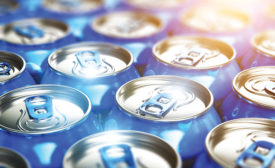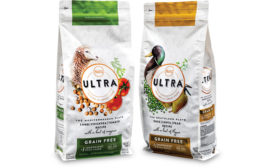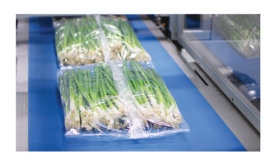Films & Coatings
Spotlight Feature
2019 Packaging Outlook: Flexible Plastic Packaging
Part 2 of 6
March 12, 2019
Spotlight Feature
Active & Intelligent Packaging: A New Industry
February Cover Story: Part 1 of 2
February 13, 2019
Keep the info flowing with our eNewsletters!
Get the latest industry updates tailored your way.
JOIN TODAY!Copyright ©2025. All Rights Reserved BNP Media.
Design, CMS, Hosting & Web Development :: ePublishing






